It became clear to me early on that life on the road as a professional touring musician felt like a natural calling, yet I never realized how challenging it would eventually become.
I’m a founding member of the band Elephant Revival. We toured nationally and internationally from 2006-2018 and pioneered a genre of music called “transcendental folk.” The band would eventually become synonymous with the landscape and culture of Colorado.
The reason I am writing this article is to dispel some of the myths about the life of a professional touring musician. Yet, more than anything, I’d like to provide some hope for those who are suffering from complex grief, PTSD, and addiction. It is absolutely essential to have support in the process of healing, and I want to encourage you to reach out in order to find this support.
People often ask about my time spent touring with the band. Others ask if I remember a particular experience to which I often reply, “Yes, that very well could’ve happened.” Granted, there are many amazing experiences that I do remember, yet there are only a handful that truly define my time with the band, and they might surprise you.

The first experience is the initiation, the sign, the signal; the clarifying moment. It was during the heat of summer, in July 2006 in Tahlequah, Oklahoma. I decided to climb up Sparrow Hawk Mountain and to sit perched over the Illinois River for I had just reached my wit’s end. I had tried everything to create a solid life there for myself with my partner and her son, yet there was no work to be found. Poverty, more distinctly, a poverty mentality was beginning to creep into my life.
Tahlequah, Oklahoma is most well-known as the end of the Trail of Tears and the capital of the Cherokee Nation. I learned more about family and community there than anywhere else I have lived. As I sat upon the cliff’s edge, I could feel the hand of those who had sat before me. For two years previous, I had been patient in my quest to bring Elephant Revival together, which at the time was known in my mind as The Great American Elephant Revival Concept.
I asked for a sign.
With a wingspan well beyond that of my outstretched arms, a bald eagle took flight directly before me. It hovered there as if suspended in time and held my eyes directly in its gaze. A rush of energy coursed through my body unparalleled to anything I had felt before, and I promptly began setting plans into motion to return to Colorado and to call together the band.
During our formative years between 2007-2014, Elephant Revival was fortunate to have had a spiritual teacher named Theresa. Theresa would regularly hold and lead circles for us while assisting in our communications around interpersonal conflict and creative collaboration. She was with us through intimate breakups, engagements, and to guide all types of challenging processes.
It is her simple practices of gratitude that I remember most, those that still permeate through my everyday life, and always will. She guided me on how to create a space on stage, through light visualization, that would essentially transform my upright bass into a conduit between heaven and earth. I became merely a player, while the bass stood as a pillar.
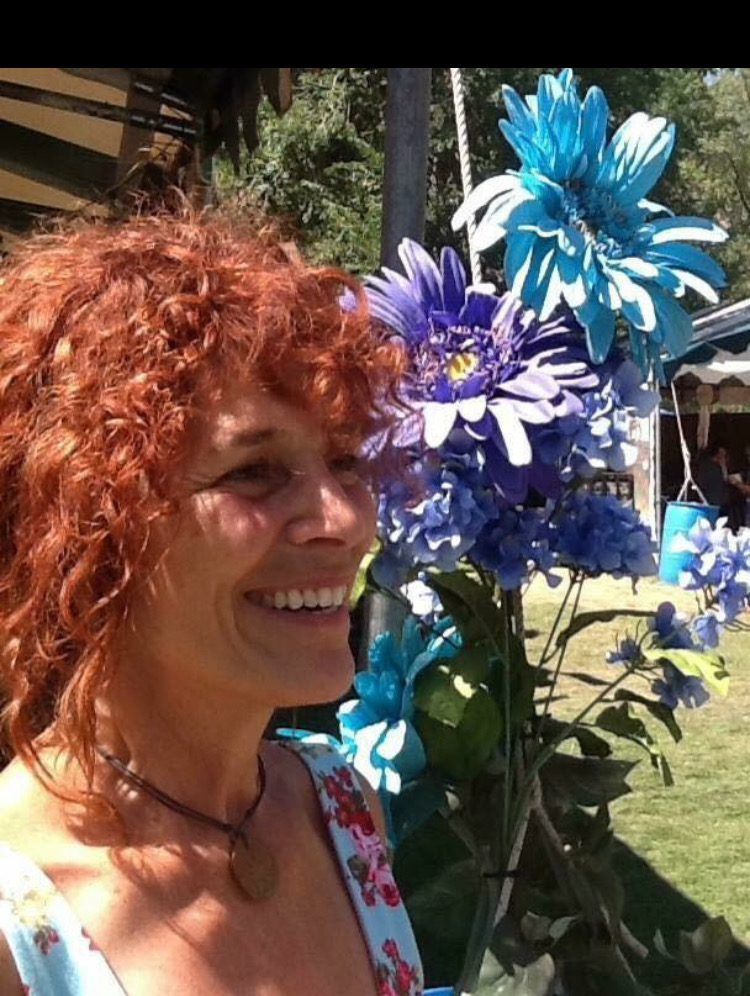
Theresa became my spiritual godmother. For the first time in my life, I had a family when I got home from tour in Nederland, Colorado. This small unit consisted of Theresa and my longtime canine companion, Nikko the Protector. When Theresa was diagnosed with breast cancer, I slowly became the point person for her care. The entire four-year healing process focused on multiple alternative modalities.
After a short period of celebrated remission in the summer of 2014, the cancer suddenly returned and spread into the bones. At this point, her ultimate healing would include the passage of death, and I would be with her through it all.
During that same season, Nikko was also diagnosed with cancer amongst a plethora of other ailments. So, my life took an interesting turn amidst the band’s heaviest season of touring. When I got home off the road, I was on call 24/7 for hospice style support and care of both Theresa and Nikko. This is when I first developed a dependency on sleep aids.
On November 4, 2014, Nikko’s stomach suddenly flipped, and I was forced to put him down—mere hours before our two-night run at The Boulder Theater was to begin. I couldn’t sit it out or be late because we were filming and recording what was to become our live double album. So, a few hours before soundcheck, I held my boy in my arms as he died. That night, we played to a full house at The Boulder Theater.
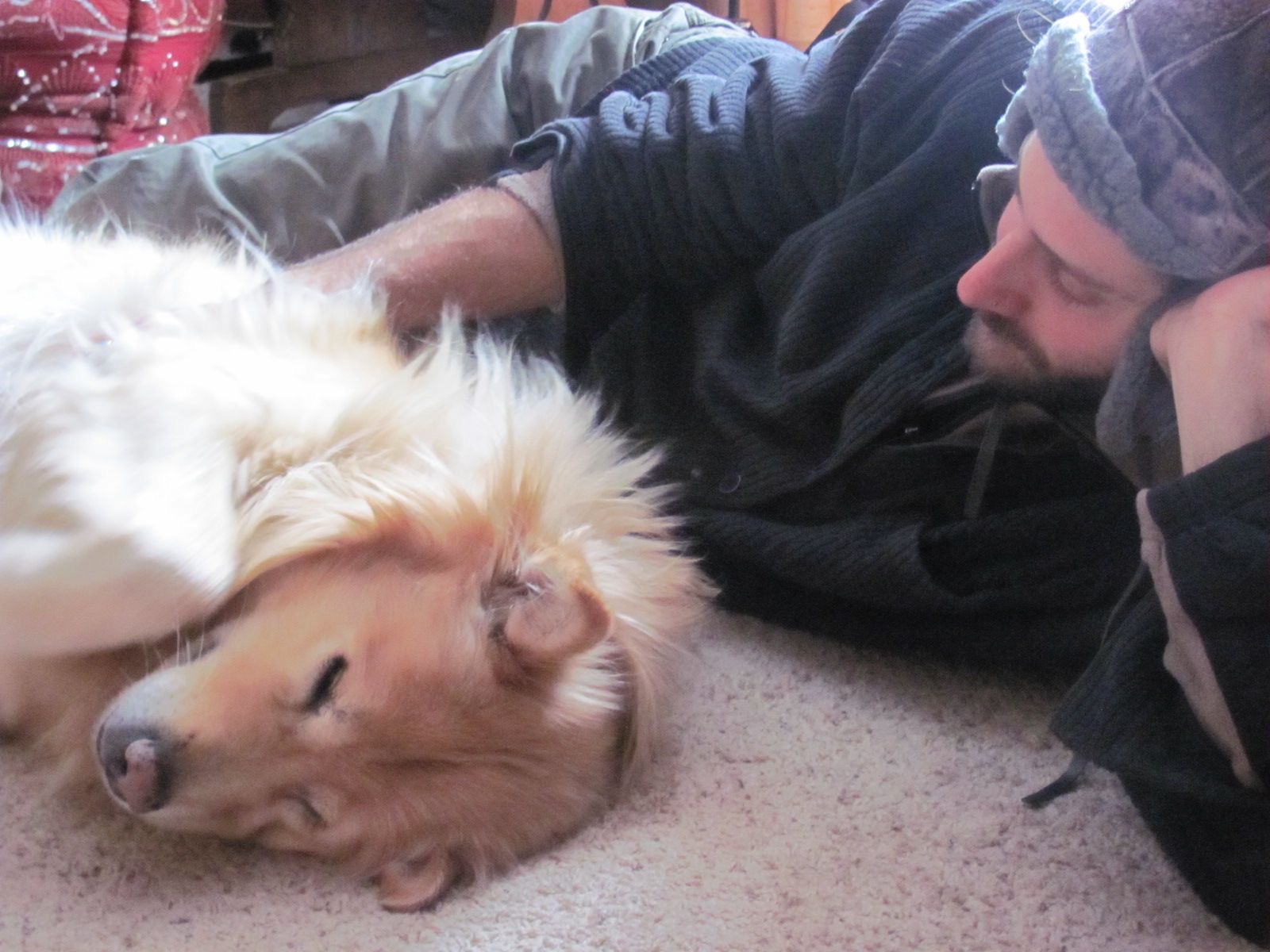
Three weeks later, I was bitten by a brown recluse spider and spent Thanksgiving subdued with a 104-degree fever while fighting off an infection from the venom. I vaguely recall a food delivery to my mountain cabin that Theresa had coordinated. On Christmas that year, I shared in Theresa’s final meal by her bedside. She would not eat again. On January 16, 2015, Theresa passed away at her home before the dawn. As her spirit left her body, the ensuing sunrise would make the local news; it was that breathtaking.
On January 18, I held and officiated a funeral pyre ceremony at The Shambhala Mountain Center. The following morning, around the charred remains of my teacher’s body, we said goodbye to our co-founding member, Sage Cook, who was leaving the band. On January 20, Elephant Revival began pre-production for their next album, which would end up being our last.
The next summer, on June 16, 2016, our tour bus caught on fire in Hickory, North Carolina while Bonnie, Daniel, and I were asleep. I thought we had time to put out the flames as they spewed forth from an electrical outlet in Daniel’s bunk. For whatever reason, I was moving at a slow and relatively unhurried pace. Instead of grabbing a few instruments, I grabbed my old jean shorts because I didn’t want to walk off the bus in my briefs.
I was the last one off the bus and, as I walked out the door, I still thought there was time. Yet, as I turned around, there was only black smoke and the bus was completely engulfed in flames.
For whatever reason, nothing really seemed out of the ordinary even though our bus and all of our instruments and possessions were burning. More than anything, I was grateful that I had pants on. After that, I did what any normal man would do—I borrowed a bike and went for a bike ride. That night, we played a show with clothing provided by the Red Cross and borrowed instruments from the opening band.
On December 31, 2017, it became clear that the band was breaking up, or at the very least, going on an indefinite hiatus. That night was the strangest, most bizarre New Year’s performances one could’ve ever imagined, yet somehow, the audience didn’t seem to know or sense the extreme dysfunction permeating on stage, which made it even more painful.
After the performance, an old producer friend handed out a handful of sleeping pills so that those who needed it could fall asleep that night. I had already been taking sleeping pills since Theresa’s death almost three years earlier. The dependency increased after the bus fire, yet at this point, it’s safe to say that I solidified an addiction.
At one point in time, before Theresa’s death, she woke up from a deep sleep, turned to me, and said, “One day Daniel…You will have to choose.”
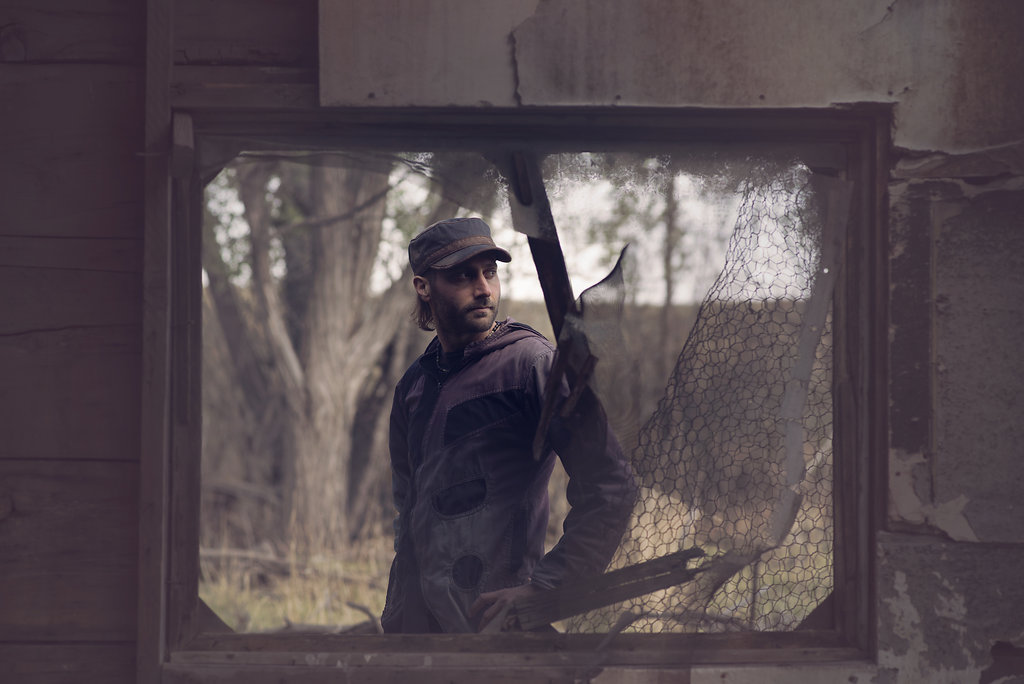
After Nikko’s death, I went straight to The Boulder Theater to perform and record a double album. After Theresa’s death, we began pre-production straight away for what would become our final album. After the bus fire, we played a show that night and continued the tour thereafter.
There are times in life that call for taking a break and for deep reflection. When not taking this time, residue will build and corrode the mind. It’s hard to look back and say that it could’ve happened any other way, for if it was meant to, it would have.
The point of this article is not to diminish my incredible band experiences. The beauty and medicine of the music shared eclipses the traumatic experiences, and yet, the residual PTSD is real. It can’t be unwritten, ignored, or glossed over. In honor of the life of my friend Jeff Austin, as well as such greats as Richard Manuel, Chris Cornell, and Neal Casal, who are no longer with us, it cannot be ignored or glossed over.
My intention is to share and come clean with my experience regarding complex grief, PTSD, and addiction during my 17 years on the road as a professional touring musician. I did not realize that I was suffering and that my life had become unmanageable.
I am thankful for my uncle who took me aside at my cousin’s wedding two years ago to talk about PTSD. I had been hiding out for most of the day in a grove of trees rather than being present for the celebration. He noticed something was amiss and as a long time professional in the field of social work specializing in PTSD recovery for veterans, he took me aside at his own son’s wedding, looked me in the eyes, and told me that I could get my life back.
The past few years have been a time of immense healing, and my mindfulness practices were no longer enough on their own. Somewhere along the line, I began to ask for help. For those who don’t quite understand the life of a traveling musician, I can tell you that even for all the perceived prestige, it is not as it seems.
For most touring musicians, doing what we do is not necessarily a choice—it’s in our blood. Most of us don’t have the time, resources, and oft-times, money to get the kind of support that we need. The music industry feeds off perpetual motion, yet that is not the kind of energy that feeds and supports the longevity of the human soul.
It is important that we are able to mark the transitions in our lives and to take the time that we need after pivotal, life-changing experiences in order to honor the space of the in-between. In this liminal space, we can begin to envision our next steps, yet, in order to take them, we need time. A period of transition should be seen as an actual life phase, an opportunity, rather than an unpleasant obstacle to rush through. I encourage you to take the time and to find the support that’s right for you.
The healing journey is one that lasts a lifetime, yet it begins with a single step. From there, it’s one foot in front of the other until one day you’ve traversed a mountain. Turning to look back at the horizon, you will be amazed at what you see. Because of my commitment to the healing path, I now believe that I will be guided again—be it by the eagle on the ledge or another sign of Spirit’s choosing. The timing, however, will not be revealed by my will alone. I had forgotten this along the way.
I believed that a part of my soul had left in the smoke of Theresa and Nikko’s cremations. I believed that a part of my soul was still poisoned by the venom of the spider and that my faith had burned inside the shell of the bus. If anything is returning to me now, it is a remembrance of who I am. And it is my deep surrender to this remembrance that has become the catalyst that guides me on.
I am not a licensed mental health professional, so my intention is not to offer guidance or advice. My sole purpose in writing this article is that if you feel like your life has become unmanageable and is out of control—you are not alone. Do not be afraid to reach out when you need support and remember, your vulnerability is your strength.
I am here to encourage you that you, too, can get your life back, and again, I promise—you are not alone.
~
For more healing resources for those in the music industry, go here.
~



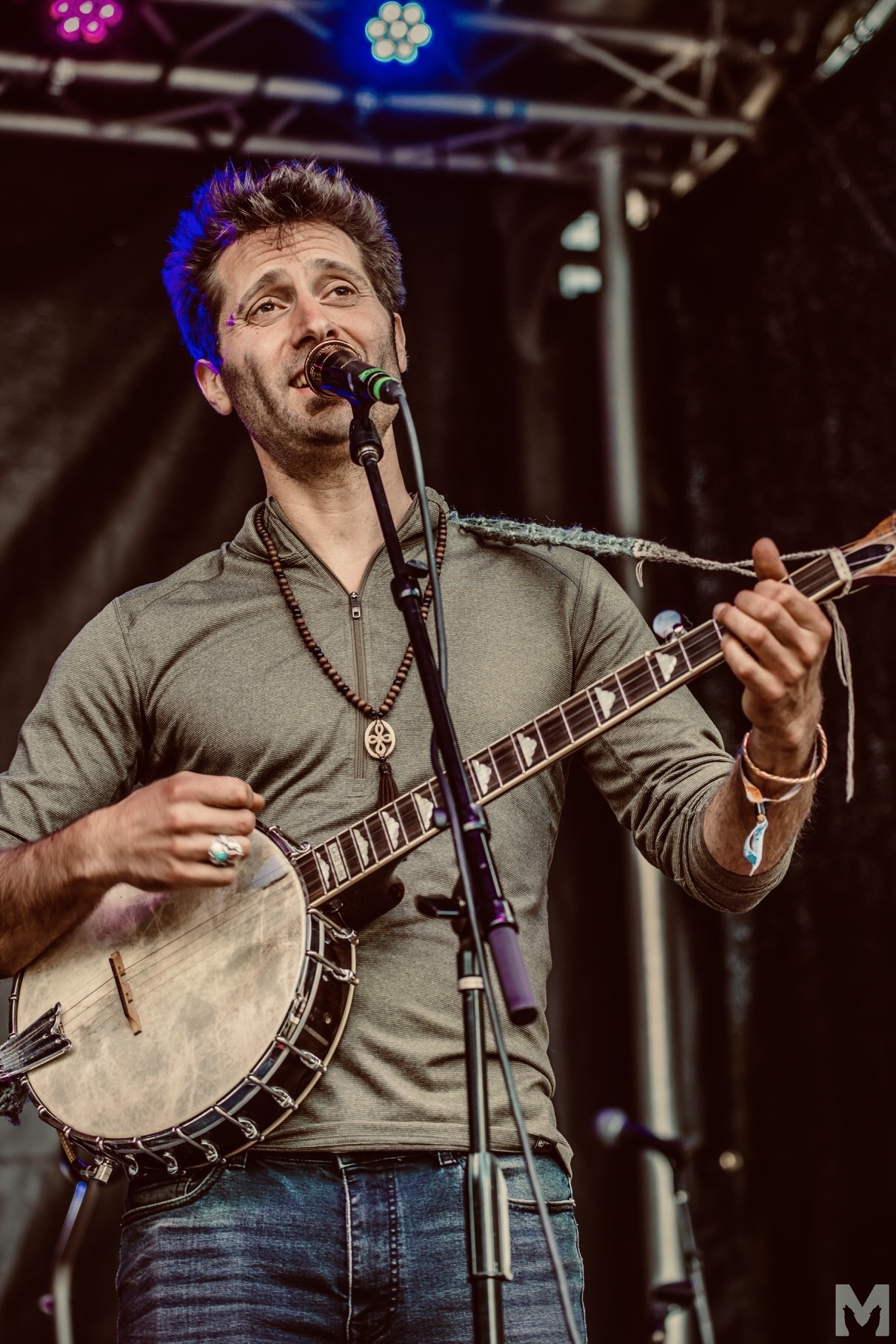
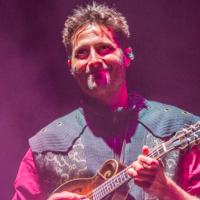






Read 7 comments and reply